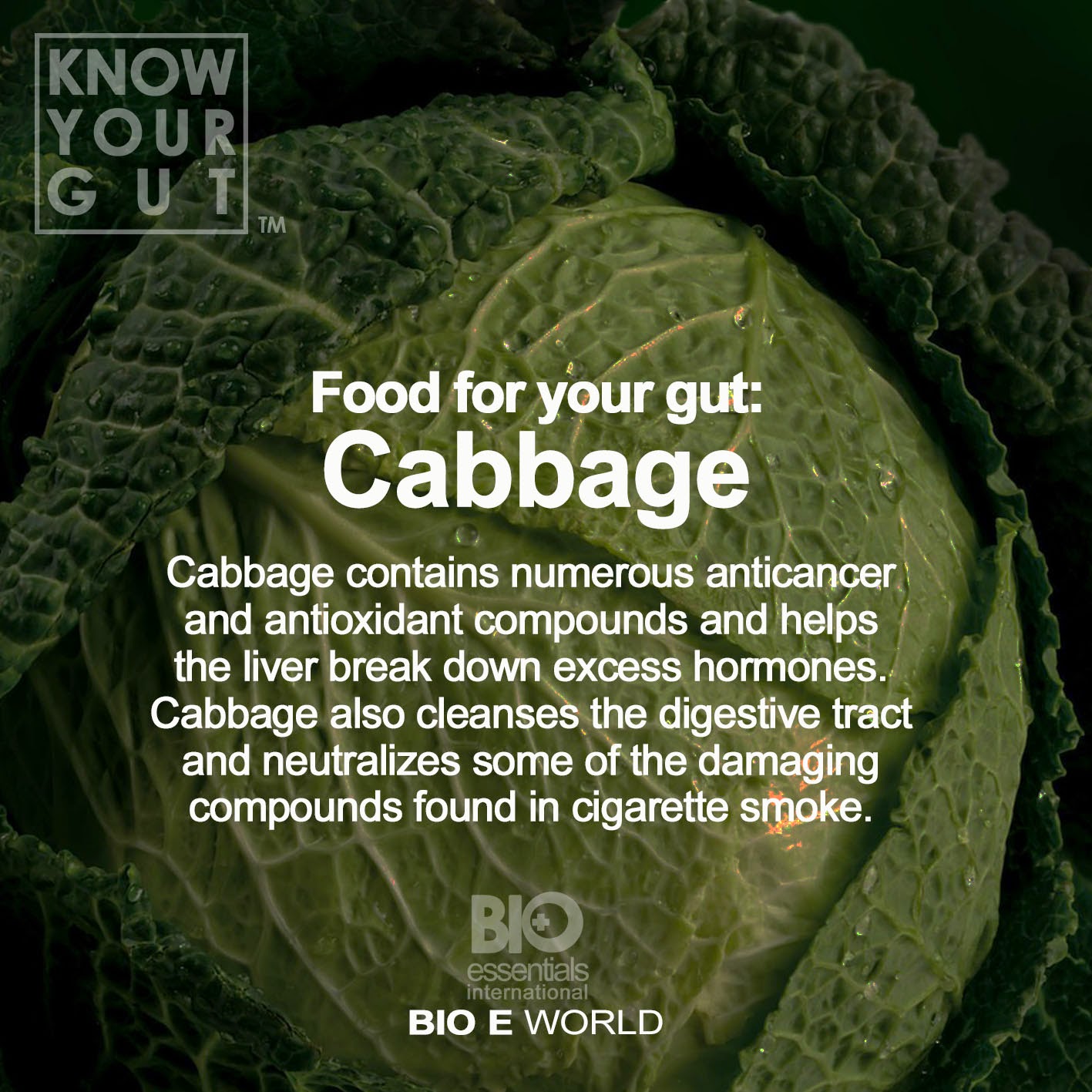Cabbage for your guts
Cabbage can provide you with some special cholesterol-lowering benefits if you will cook it by steaming. The fiber-related components in cabbage do a better job of binding together with bile acids in your digestive tract when they’ve been steamed. When this binding process takes place, it’s easier for bile acids to be excreted, and the result is a lowering of your cholesterol levels. Raw cabbage still has cholesterol-lowering ability, just not as much as steamed cabbage.
Researchers now realize that different types of cabbage (red, green, and Savoy) contain different patterns of glucosinolates. This new knowledge means that your broadest health benefits from cabbage are likely to come from inclusion of all varieties in your diet.
Cabbage in general—but also Savoy cabbage in particular—turns out to be an especially good source of sinigrin. Sinigrin is one of the cabbage glucosinolates that has received special attention in cancer prevention research. The sinigrin in cabbage can be converted into allyl-isothiocyanate, or AITC. This isothiocyanate compound has shown unique cancer preventive properties with respect to bladder cancer, colon cancer, and prostate cancer.
In one recent study, short-cooked and raw cabbage were the only types of cabbage to show cancer-preventive benefits—long-cooked cabbage failed to demonstrate measurable benefits.
New research shows that steaming is a better cooking method than microwaving if you want to maximize the health benefits of glucosinolates found in cabbage. That’s because two minutes of microwaving destroys the same amount of myrosinase enzymes as seven minutes of steaming, and you need those myrosinase enzymes to help convert cabbage’s glucosinolates into cancer-preventive compounds.



Comments
Post a Comment